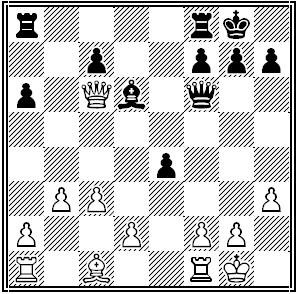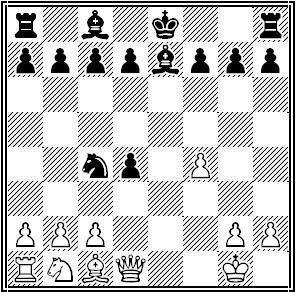Battle of the Sexes: Chess

Don't kill the messenger!
I generally steer away from anything remotely controversial, but I found this interesting article regarding chess and gender.
http://www.abc.net.au/science/news/stories/s1376865.htm
For those unaware of the general issue -- Men dominate chess. Susan Polgar and others have made significant strides for women's chess in the last couple decades, but the fact of the matter is that there are much more male GMs and men tend to compete better at all levels of the game (from beginner to pro).
The million dollar (and very politically sensitive!) question is: why?
This is actually a popular topic in chess chat rooms (personally, I think because the 95% male population is frustrated there are so few women in the chess chat rooms!). The general debate focuses on the basic "nature vs. nurture" arguments that dominate any socio/gender relations question. Are men born with an inherent ability to better understand the game (i.e., "nature")? Or is just more socially acceptable for men to play and master the game (i.e., "nurture")?
As with most complicated issues the answer is probably both. However, the article above makes a strong claim that the truth is indeed "nature" (i.e., men are just genetically better able to the play the game). As even the author notes, this will "ruffle many female feathers," but the article seems well thought out and generally legitimate. Controversial? YES! Well reasoned? Also Yes. I don't think the author's article can be smirked away a "sexist."
I'll let the educated reader determine what he or she believes.
On that note, and because I already feel "male guilt," I am including a link to Susan Polgar's chess page for girls. If the difference between male and female chess abilities is an artificial socio-glass ceiling, people like Susan Polgar are fighting it.
http://susanpolgar.com/polgarchess/index_polgarfound.jsp
** As a personal aside, I never dreamed the words sex and chess would appear in the same posting. This should lead to some interesting google searches!





